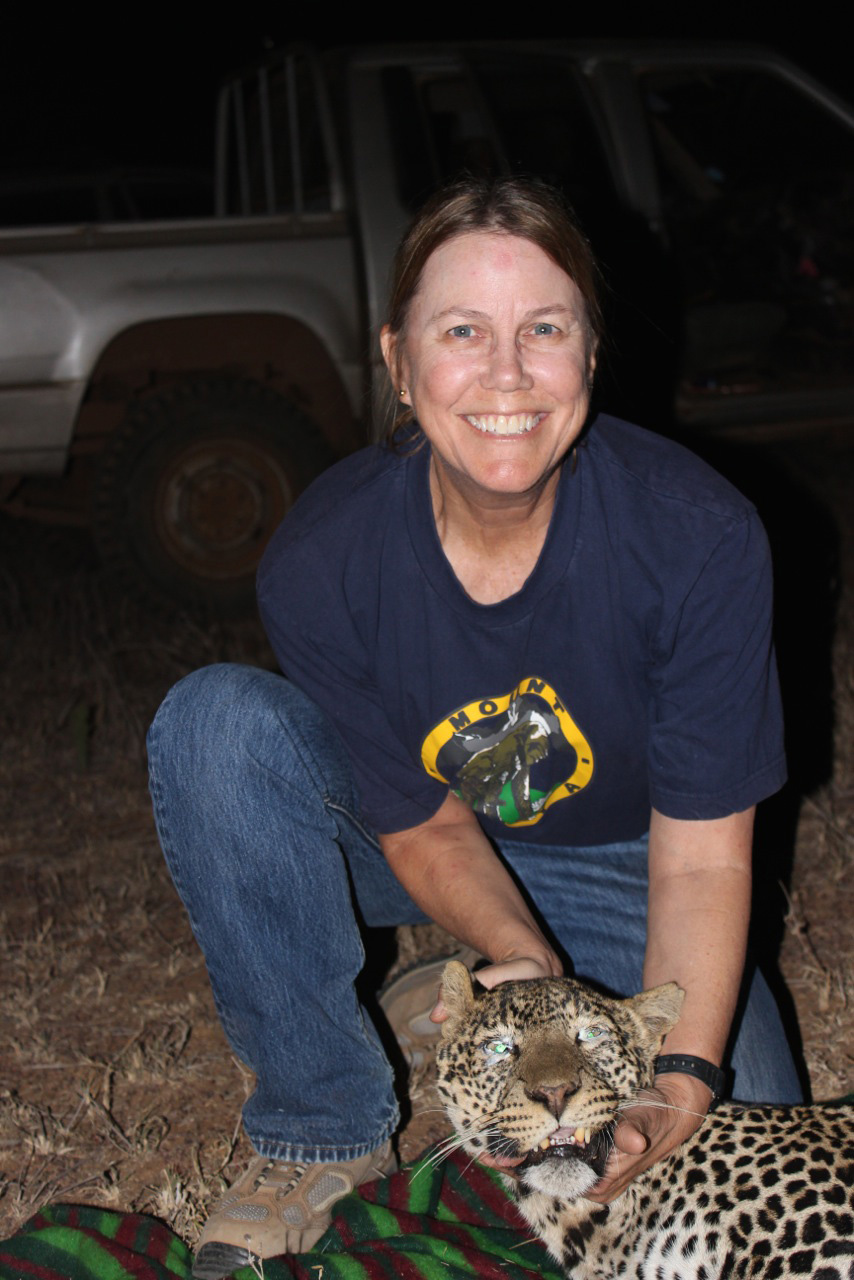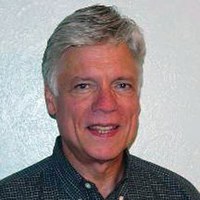Research Earns Faculty a Trio of Honors
Faculty in the anthropology, pscyhology and economics departments recently earned recognition from their peers throughout California and around the world for trail-blazing research on primate-predator interactions, close relationships among people and the historic links between credit growth and financial crises.

Lynne Isbell, a professor of anthropology, was named a fellow of the California Academy of Sciences. Phillip Shaver, distinguished professor emeritus of psychology, received the 2015 Distinguished Scholar Award from the Society for Personality and Social Psychology. Alan M. Taylor, professor of economics, won a Schmölders Prize for a paper examining nearly 140 years of money, credit and financial cycles in 14 developed countries.
Exploring predators' influence on primate evolution
Lynne Isbell will be inducted Oct. 13 into the ranks of California Academy of Sciences fellows. She is among 12 new fellows — and one of two from UC Davis — who will be honored at the academy’s annual meeting in San Francisco for their contributions to the natural sciences. (Tickets to the event have sold out.)
Isbell, who joined the faculty in 1996, is also a UC Davis alumna — she earned her Ph.D. in animal behavior in 1990. Her research focuses on primate behavior and ecology, particularly food competition, ranging behavior, predation and dispersal. She also investigates visual neuroscience and primate interactions with species as diverse as ants, snakes and leopards.
She is currently using GPS technology to study leopard-primate interactions in Kenya, and collaborating with neuroscientists to examine primate neuronal responses to snakes. Her book, The Fruit, the Tree, and the Serpent: Why We See So Well, received the 2014 W.W. Howells Book Prize from the American Anthropological Association for best book in biological anthropology.
Fellows are nominated by their colleagues and selected by the academy's board of trustees. Walter Leal, a professor in the Department of Molecular and Cellular Biology, is also among the academy's 2015 fellows.
A pioneer in study of interpersonal relationships

A selection committee for the Society for Personality and Social Psychology's Distinguished Scholar Award called Phillip Shaver “one of the most productive and talented contributors to research on personality, emotion and relationships during recent decades.”
Shaver is director of the Adult Attachment Lab and conducts research on social relationships and emotions.
“His pioneering theories, methods, and findings have revolutionized the study of interpersonal relationships,” the selection committee wrote. “Indeed, one cannot imagine the field of close relationships without Professor Shaver’s contributions.
He will be honored in January at the society’s annual meeting in San Diego.
Bringing economic history to the debate on financial crises

The German economic association Verein für Socialpolitik deemed “Credit Booms Gone Bust: Monetary Policy, Leverage Cycles, and Financial Crises, 1870–2008,” co-authored by Alan M. Taylor, the best paper published on economic history during 2012–15.
“We had a lot of high quality submissions, but your paper impressed us by the way you bring economic history to a key debate in macroeconomics,” Nikolaus Wolf, economics professor at Humboldt University of Berlin, wrote to Taylor and co-author Moritz Schularick of the Bonn Graduate School of Economics.
The 3,000 euro Schmölders Prize will be officially awarded at the next annual conference of the Economic History Commission in Bayreuth in March 2016.
— Kathleen Holder, content strategist in the UC Davis College of Letters and Science
